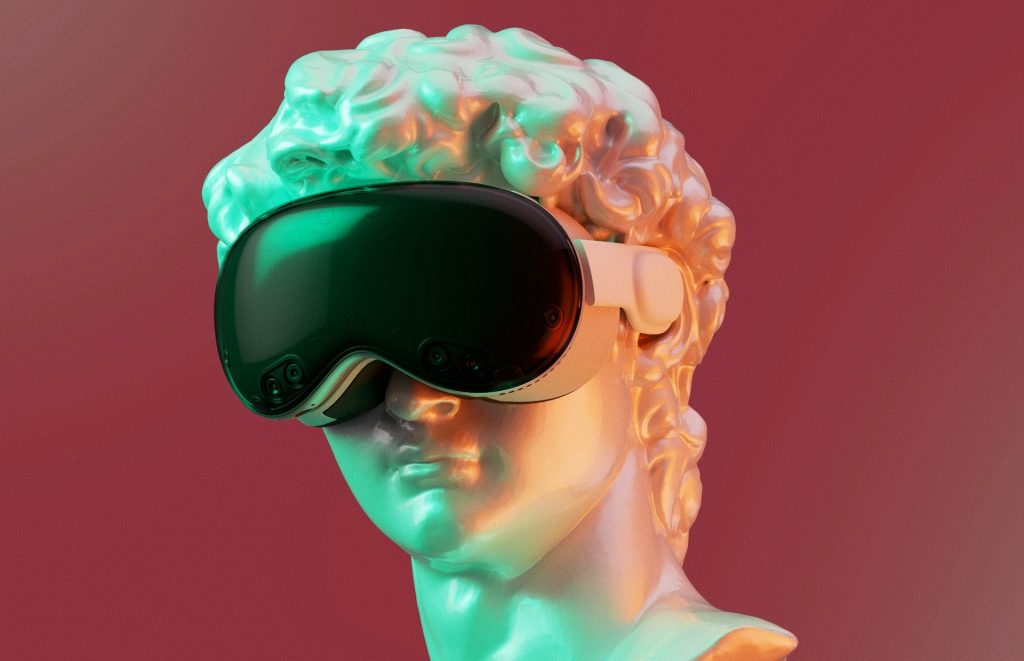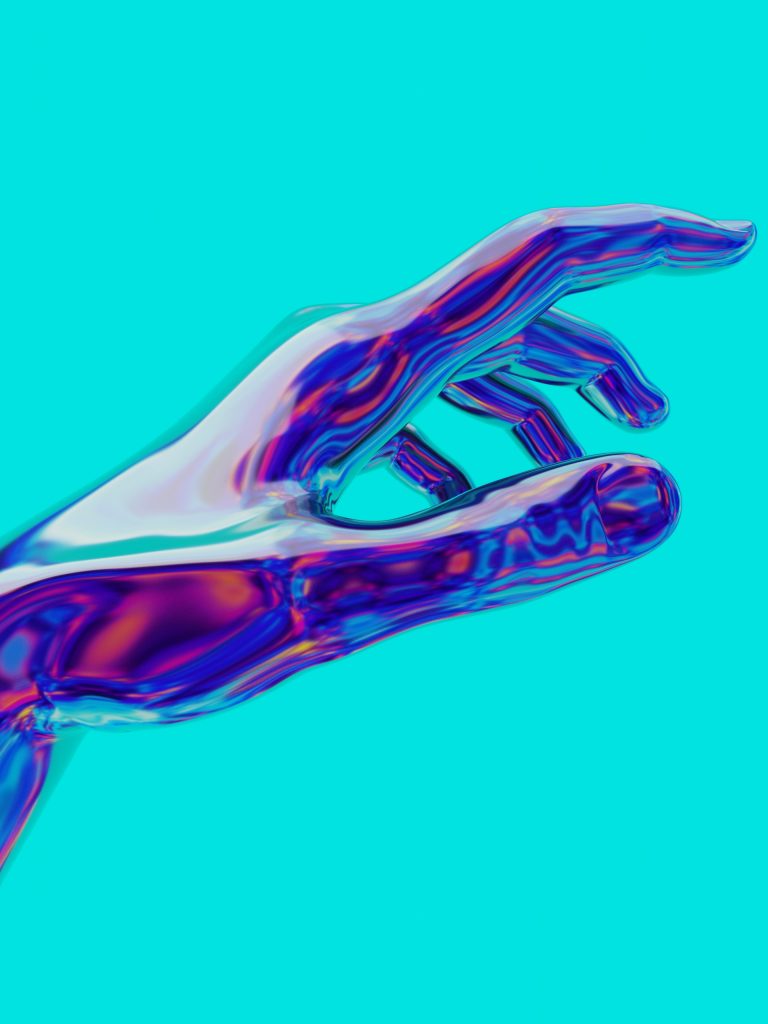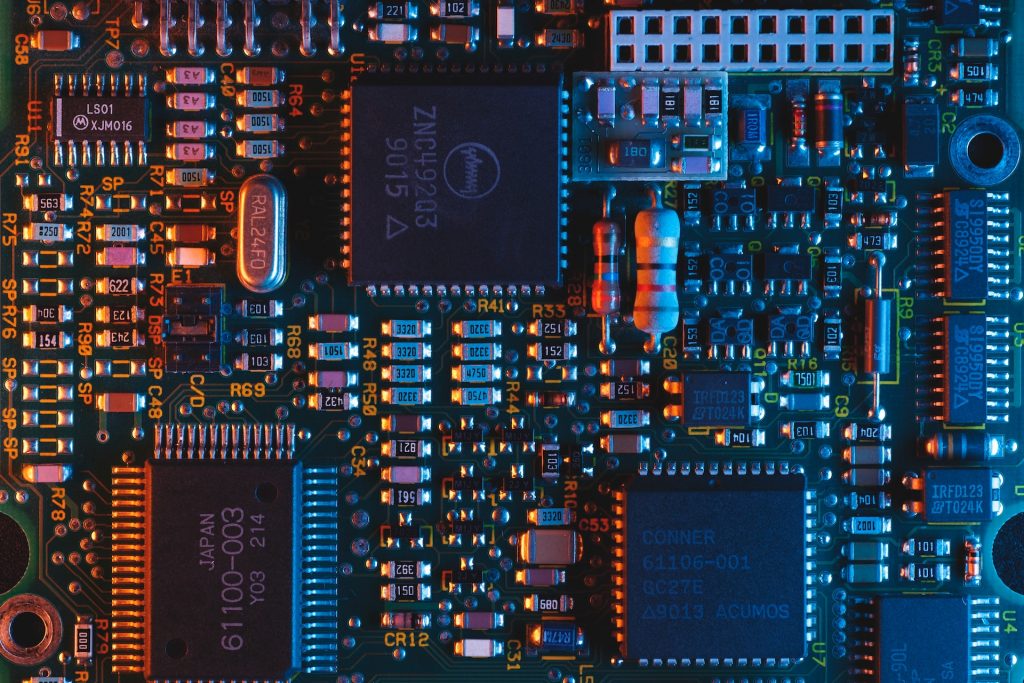2024: A Year of Quantum Breakthroughs and Advances in Cybersecurity?

Here are some promising things to look forward to in the quantum world in 2024: Revolutionizing Security: The Advent of Post-Quantum Cryptography 2024 is expected to be a landmark year for quantum computing, with a focus on cybersecurity. NIST is slated to finalize its post-quantum cryptography standards, addressing the urgent need for crypto agility in […]
Quantum Computing in Education: Bridging the Knowledge Gap

Quantum computing is a powerful new technology that will revolutionize the speed of, and the applications available for, computation. It is here now, and is no longer science fiction. It already has many applications, from cryptography to pharmaceutical development, and holds immense potential in the immediate future. This potential can be achieved, however, only if […]
Quantum Computing and the Looming Threat to Cybersecurity

Quantum computing, once a realm of academic exploration, has now transitioned into tangible commercial opportunities, ushering in a wave of optimism and concern in equal measure. While quantum computing promises transformative leaps in computing power, it also poses a significant threat to cybersecurity. The implications of granting cyber attackers access to quantum computers are akin […]
J. Robert Oppenheimer’s Legacy in Quantum Mechanics

The release of the film “Oppenheimer” in July 2023 has brought renewed attention to the renowned scientist J. Robert Oppenheimer’s life. While Oppenheimer is primarily remembered as the key figure behind the development of the atomic bomb, his early contributions to the field of quantum mechanics have had a lasting impact on modern quantum chemistry. […]
Canadian Researchers Develop Technique to Record Holograms Using Quantum Photonics

Recently, a group of researchers from the University of Ottawa, the National Research Council of Canada, and Imperial College London published a study in which they developed a new method of recording holograms using quantum particles. What is Holography? While holograms are a frequent trope in the futuristic worlds of science fiction, the process for […]
How Scary is Quantum Computing?

Hardly a day goes by when a major article about quantum computing does not appear prominently in the media, often in conjunction with artificial intelligence. Many of those articles describe – with wonder – the fantastic possibilities that are expected to result from this technology. But many articles quiver in fear about quantum computing and […]
Canadian Researchers Join Effort to Establish Satellite-Based Quantum Communications Link

The Three-Year Hyperspace Collaboration Aims to Demonstrate the Feasibility of Using Satellites to Facilitate Long-Distance Quantum-Secured Communications Earlier this year, Professor Li Qian of the University of Toronto and Professor Thomas Jennewein of the University of Waterloo announced that they would be collaborating with researchers and partners from five countries to establish a quantum satellite […]
Bosons, Proof of Work and Finding a Quantum Solution to Blockchain’s Carbon Footprint

Quantum researchers have proposed an innovative alternative to existing Proof-of-Work methods in blockchain technologies. Based in boson sampling, the proposed solution promises to drastically cut the significant carbon footprint of blockchain technologies. Whether it is in the form of cryptocurrencies (such as bitcoin), smart contracts, or non-fungible tokens, a blockchain provides an alternative means to […]
Canada Invests in Quantum Computing Applications for Telecom with Launch of New Montreal Quantum Hub

On March 20, 2023, Ericsson Canada announced the launch of a new quantum research hub in Montreal to “explore quantum-based algorithms for accelerating processing in telecom networks and distributed quantum computing” in partnership with the University of Ottawa and the University of Sherbrooke. Four weeks later, the federal government announced a five-year partnership with Ericsson […]
Europe Looking to the Future with Quantum Standards

Technical standards are fundamental to commercialisation of many high-tech industries. Our previous article (linked here) provided a primer to technical standards and how standard essential patents are used and likely to play a role in the quantum commercial landscape. In Europe, CEN (European Committee for Standardization) and CENELEC (European Electrotechnical Committee for Standardization) have formed […]

